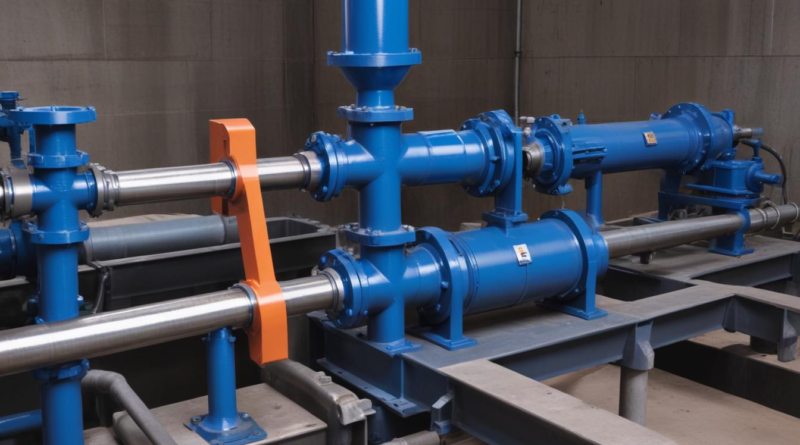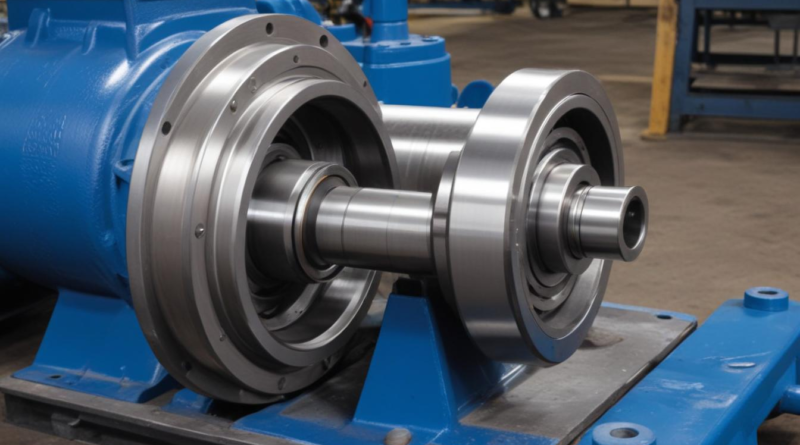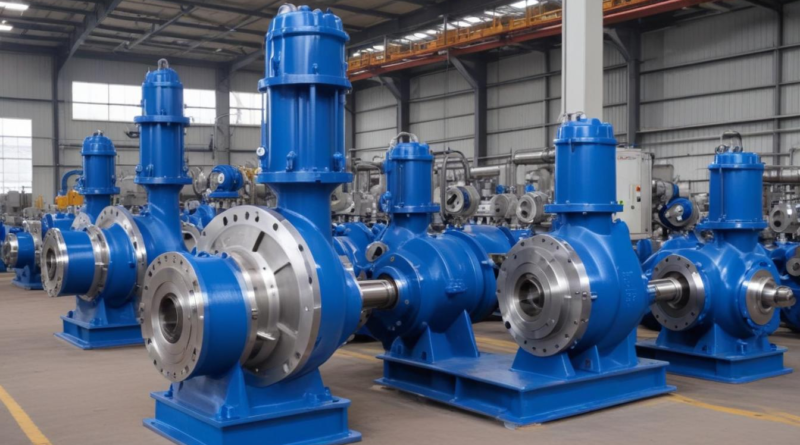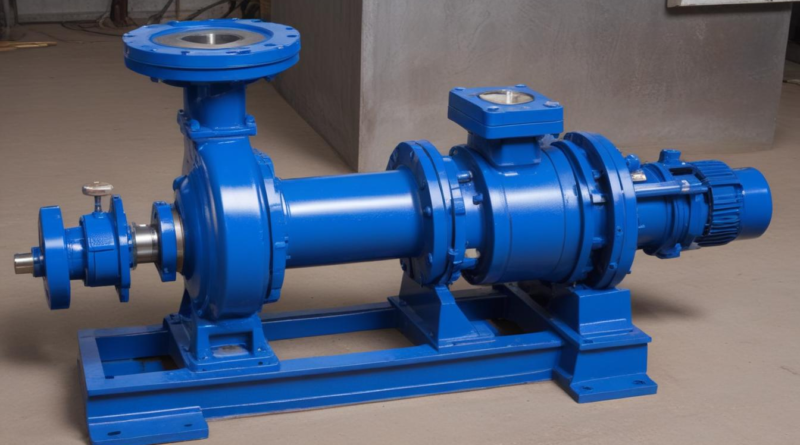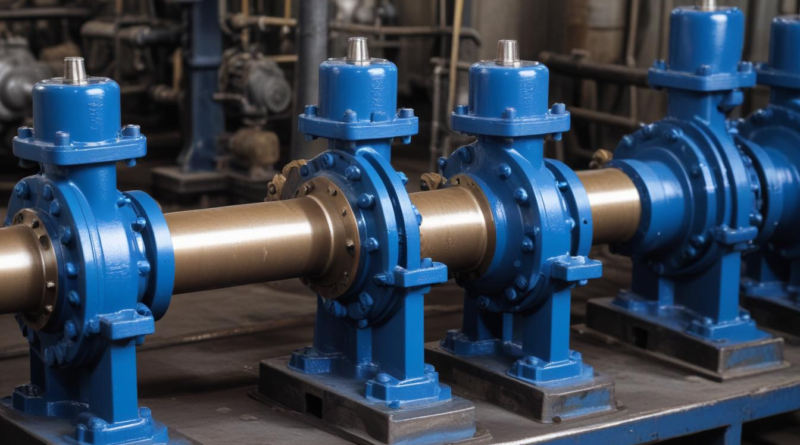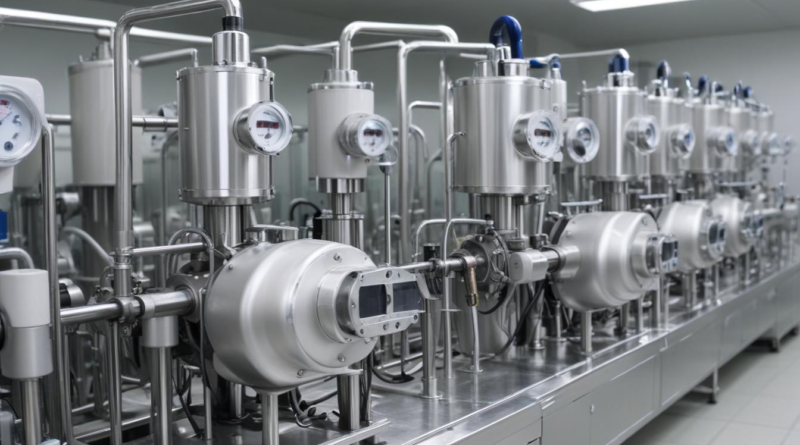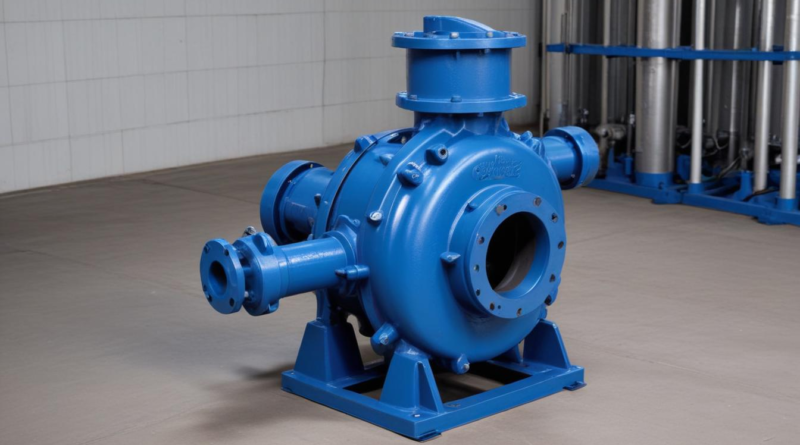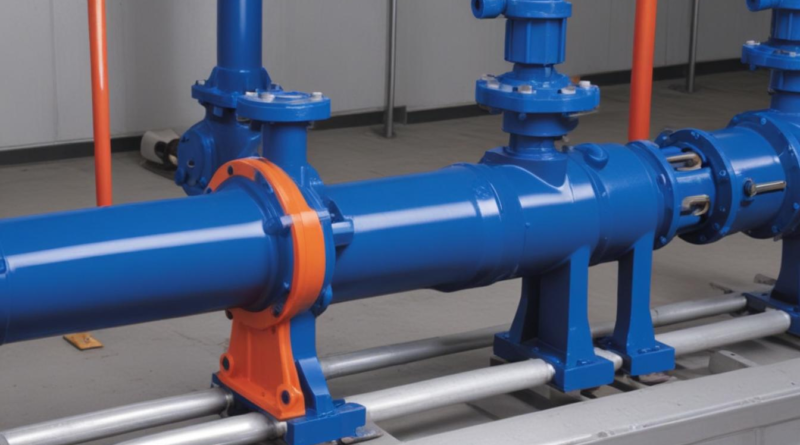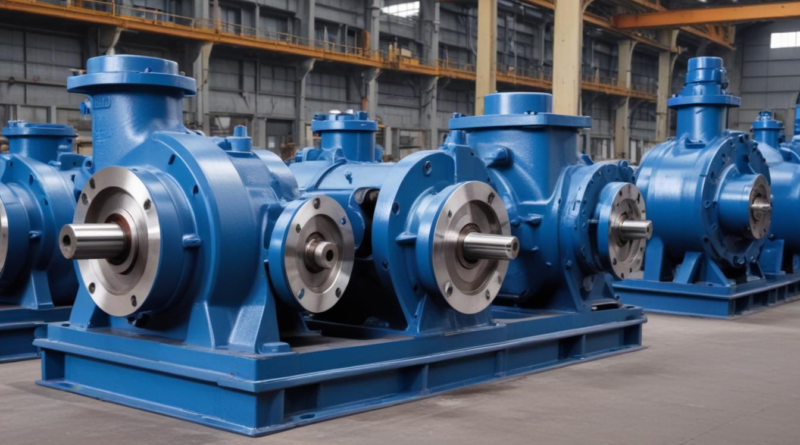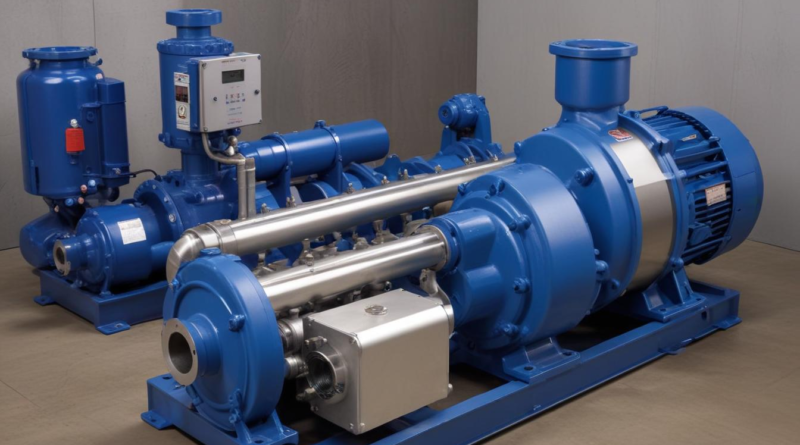Predictive maintenance strategies for progressive cavity pumps
Unlocking the potential of progressive cavity pumps hinges on predictive maintenance, a strategy that anticipates failures before they disrupt operations. By continuously monitoring performance data through advanced techniques such as vibration analysis and thermal imaging, engineers can optimize efficiency and extend pump lifespans. Key performance indicators inform a proactive approach, transforming maintenance from reactive to strategic. Explore how integrating real-time data analytics and condition monitoring can revolutionize pump management, driving down costs and elevating reliability across industries.
Read More
